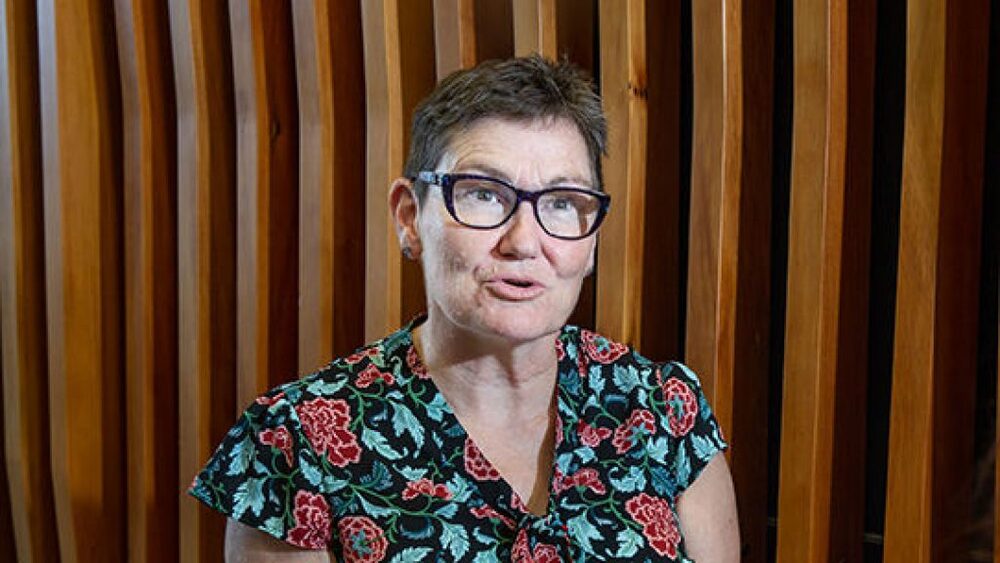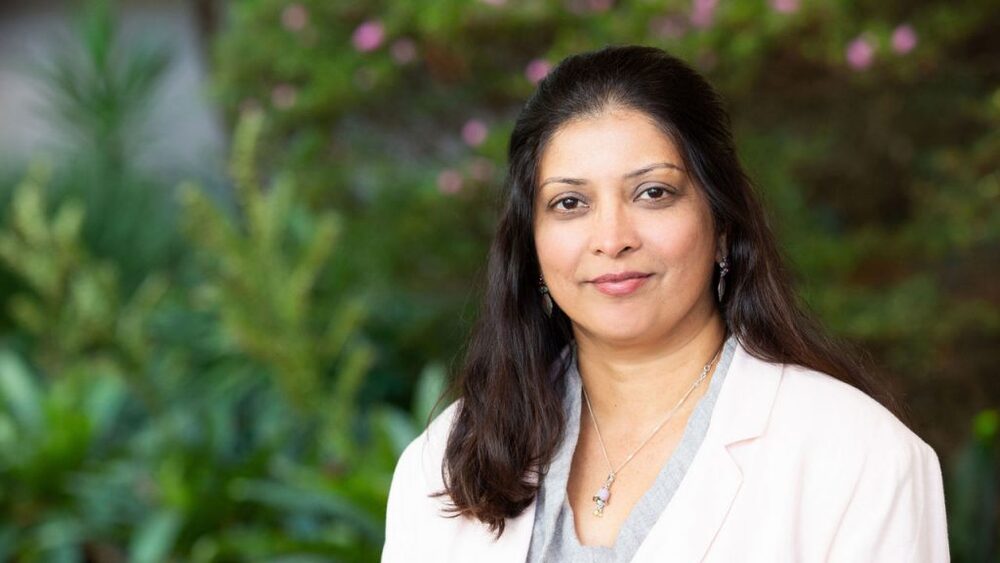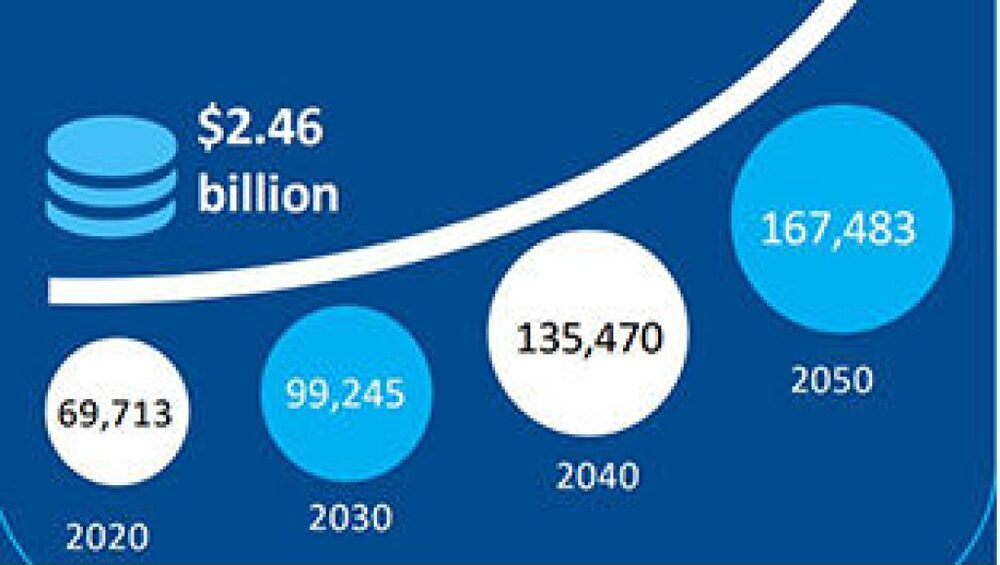Landmark study aims to understand dementia in diverse NZ communities
Staff Reporter
31 March 2024, 7:29 PM
 Many Asian New Zealanders with dementia are never diagnosed.
Many Asian New Zealanders with dementia are never diagnosed.A groundbreaking nationwide study targeting dementia in New Zealand is set to commence in early April, spearheaded by over 50 researchers.
The initiative, named IDEA (Impact of Dementia and Equity in Aotearoa), aims to shed light on the prevalence and care needs of diverse ethnic groups affected by dementia.
Led by Professor Ngaire Kerse, the University of Auckland's healthy ageing specialist, the study will focus on understanding dementia's impact across different cultural backgrounds.
This comprehensive effort is supported by a $5 million grant from the Health Research Council.

Professor Ngaire Kerse says different communities have different needs when it comes to dementia care.
"We need to understand how dementia affects various communities to provide tailored support," explains Professor Kerse. "This study will bridge the gap in our knowledge and help us develop culturally appropriate services."
The study will initially target 2,100 older individuals and their families from four ethnic groups: Pākehā, Chinese, Indian, and Fijian Indian.
By conducting door-to-door surveys in targeted areas of Auckland and Christchurch, researchers aim to gauge dementia prevalence and assess existing support systems.
Associate Professor Sarah Cullum, who leads the Pākehā dementia prevalence work, underscores the urgency of the study. "Current estimates suggest a significant rise in dementia cases by 2050, highlighting the pressing need for proactive intervention," she says.
The study also addresses the challenges faced by minority communities in accessing dementia care.
Professor Rita Krishnamurthi, overseeing the Indian and Fijian Indian segments, emphasises the importance of culturally sensitive services. "Our healthcare system must accommodate diverse needs to ensure equitable care for all," she states.

Professor Rita Krishnamurthi says a Pākehā-centric approach doesn't work for all cultures.
Associate Professor Gary Cheung, leading the Chinese arm of the study, highlights the language and cultural barriers hindering access to care. "Many Asian families are unaware of available support services," he notes.
To ensure cultural relevance, researchers will adapt survey questions and interview techniques accordingly.
Rex Gao, a research assistant fluent in Cantonese and Mandarin, emphasises the significance of cultural nuances in communication with older adults.
The study's next phase will involve broader community engagement to gather insights on dementia care preferences and challenges.
Professor Kerse stresses the importance of collaborative efforts in formulating effective care models.
As New Zealand grapples with an ageing population, initiatives like the IDEA study are crucial in promoting inclusive and effective dementia care for all.

Estimates of rising dementia prevalence in NZ are based on overseas numbers.

AGENTS